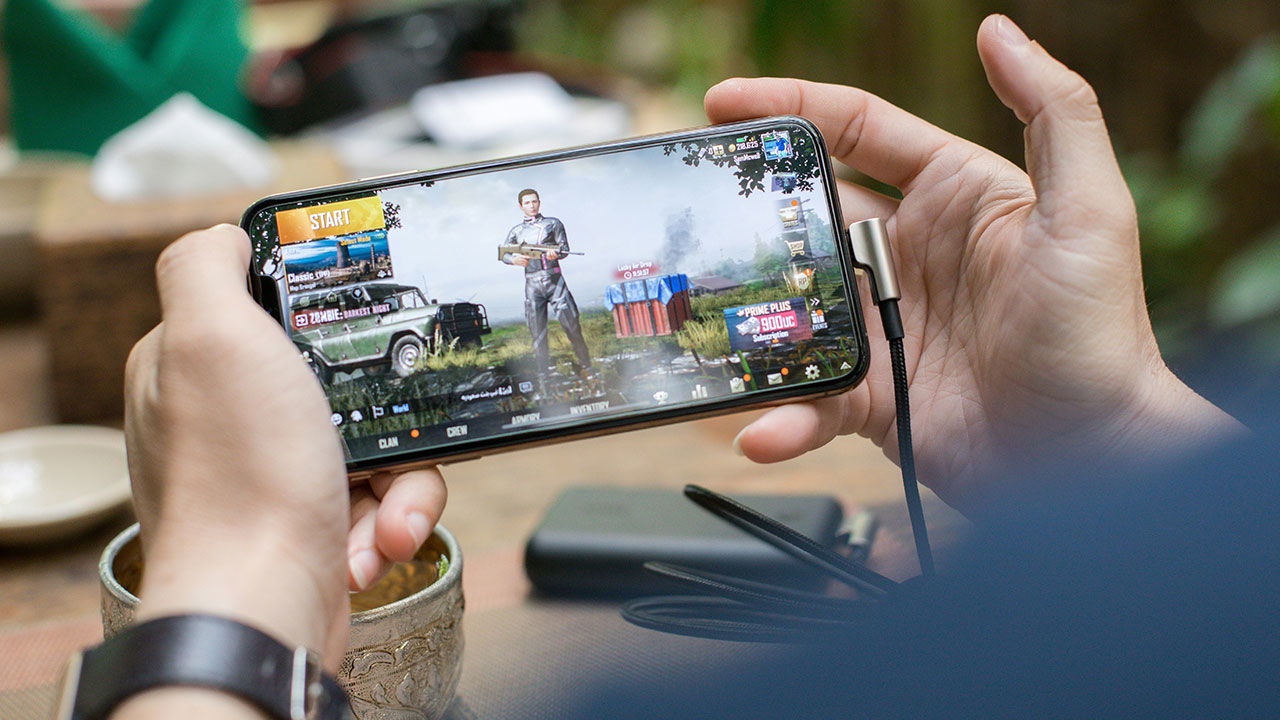Rewards keep people interested in sports, school, or video games. Gaming is one of the best examples of rewards making things more exciting. Early games only had points or high scores to keep players engaged. Over time, developers introduced new types of rewards, from special character outfits to real-world bonuses. Games that innovate with their rewards often stay popular longer.
Developers are always looking for ways to make rewards more interesting. Special promotions, such as the recently trending Fafabet coupon code, attract more players by offering valuable incentives. When players know they can earn unique items, discounts, or even real money, they are more likely to stay engaged. These innovations help games keep players interested for years, proving that rewards are key to gaming success.
The Loot Box Boom (and Bust)
Loot boxes were once everywhere. These virtual treasure chests gave players a random item, sometimes super rare, sometimes completely useless. A lot of games sold them for real money, so players had to keep spending if they wanted a specific item. Some people compared loot boxes to gambling because it was all about luck.
After a while, governments and players started pushing back. Some countries even made laws against loot boxes, and many games had to change their systems. Players didn’t like feeling tricked into spending money without knowing what they would get. That led to new ways of rewarding players.
The Rise of Battle Passes
Loot boxes started disappearing, and battle passes took their place. A battle pass lets players earn rewards by levelling up through challenges. Instead of opening random boxes, players can see exactly what prizes they will get at each level.
Battle passes keep players returning because rewards are only available for a limited time. Some people love them because they know what they’re working toward. Others don’t like the pressure of grinding through levels before time runs out. Even so, battle passes became a huge hit in games like Fortnite and Call of Duty.

Earning Rewards Outside the Game
Gaming rewards aren’t just about cool gear in a game anymore. Some games offer real-world prizes, giving players extra motivation to keep playing. Fitness games, for example, reward players for exercising by tracking movement and offering points that can be exchanged for discounts or in-game perks.
Competitive gaming has also grown into a huge industry, with tournaments offering money prizes. Esports players and streamers have even turned gaming into full-time careers, showing that skill and dedication can lead to real-world success.
Beyond competitions, new technology has expanded reward possibilities. Blockchain-based games let players earn digital items they can trade or sell for real money. Some see this as a way to bring more value to gaming, but others worry that these systems mainly benefit those willing to spend a lot of time or money. Players who can’t invest as much often feel left behind. Some games even introduce special currencies that can only be earned through in-game tasks, helping balance the economy a little. Others experiment with ways to let players exchange virtual rewards for real-world goods, like gaming merchandise or gift cards.
Developers are creatively adding real-life perks to gaming. Some offer certificates or scholarships for challenges, while others reward teamwork and problem-solving, making skill-building fun.
Giving Players More Choice
Many games now let players help decide what rewards should be added next. Instead of forcing people to spend money on random loot boxes, developers offer cosmetic items that players can buy directly. It’s a big shift from the old pay-to-win models.
Skill-based rewards have also become more popular. Some games reward players for improving and mastering difficult challenges instead of spending money.
Gaming rewards will keep changing. Virtual reality and artificial intelligence could bring new ways for players to earn prizes. Some games might start offering rewards based on how players like to play. Personalization could become the future of gaming rewards.
Governments will likely step in again if they think rewards are unfair or encourage bad spending habits. Developers need to make sure rewards feel exciting but also fair. Players want rewards worth their time, not just tricks to make them spend money.



